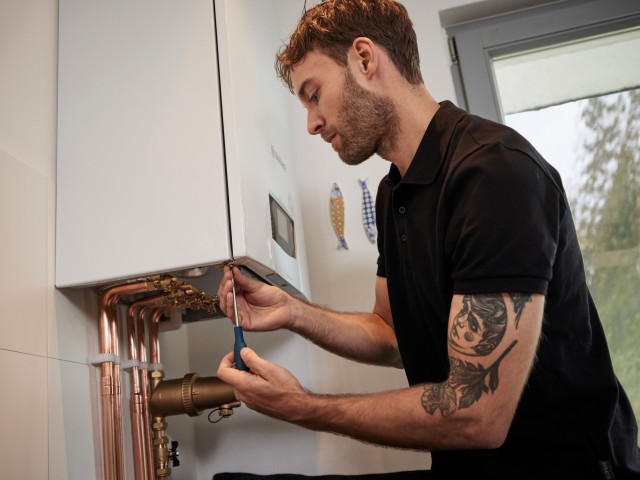What is a gas safety certificate?
A gas safety certificate (often referred to as an LGSR - Landlord Gas Safety Record) is documented proof that your gas heating system has been checked or worked on by a Gas Safe registered engineer and is in working order. This document is usually provided after work has been undertaken on your system, though will also be given after an annual boiler service and will be valid for 12 months. Please note that it is not a legal requirement for the engineer to provide you with a gas safe certificate, but it can be beneficial to request one for your own records.
A certificate should contain the following information:
- Details of tested appliances/pipework & they’re location
- The results of safety checks & work
- Breakdown of any known safety issues from the test
- Any outstanding work that may be required
- Details of the property, including address and ownership, such as landlord information
- Information of the Gas Safe engineer, their signature & the date of the work carried out
The actual layout and/or presentation of the document will vary between engineers, but should have all of the above information to be complete and official. Don’t fear if the template or look deviates from other certificates you’ve seen, providing it has the necessary information it will be sufficient as proof of your appliance’s safety.



